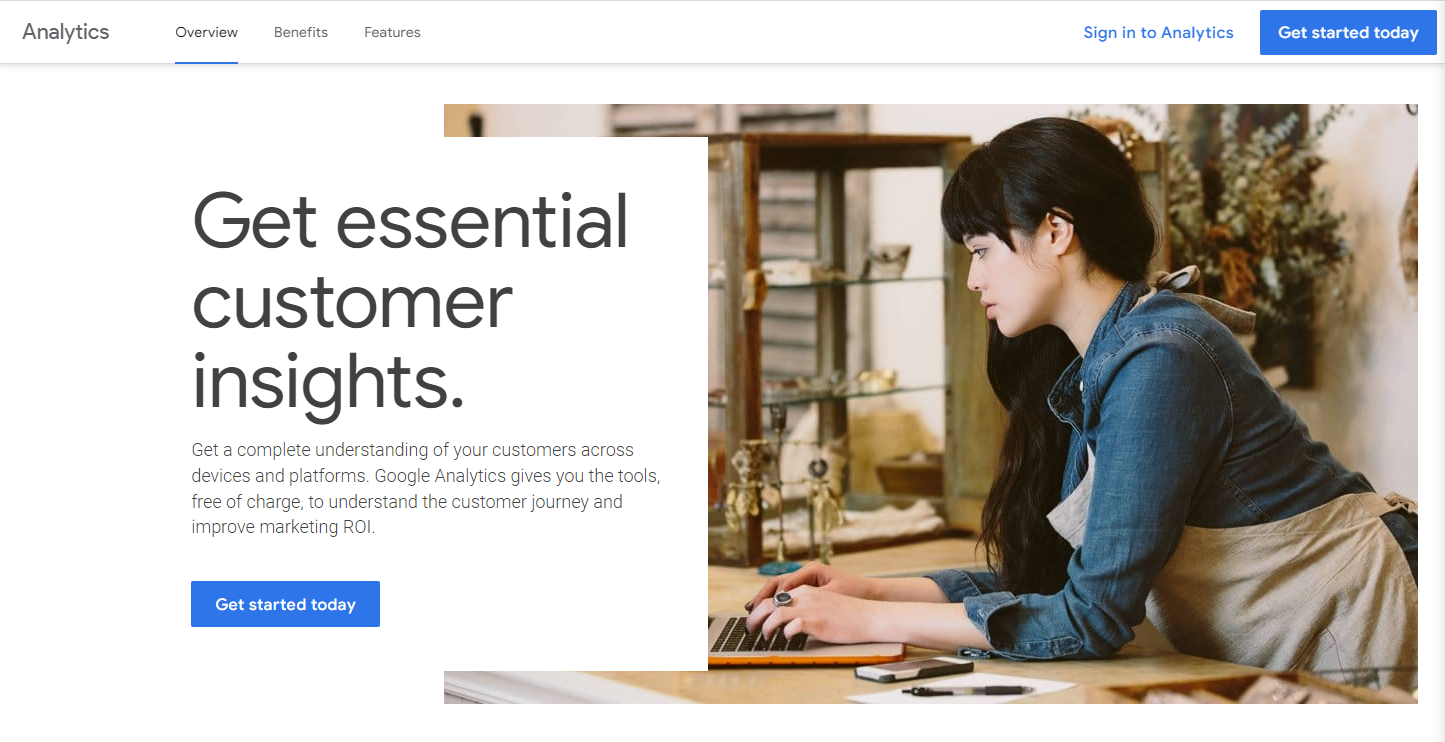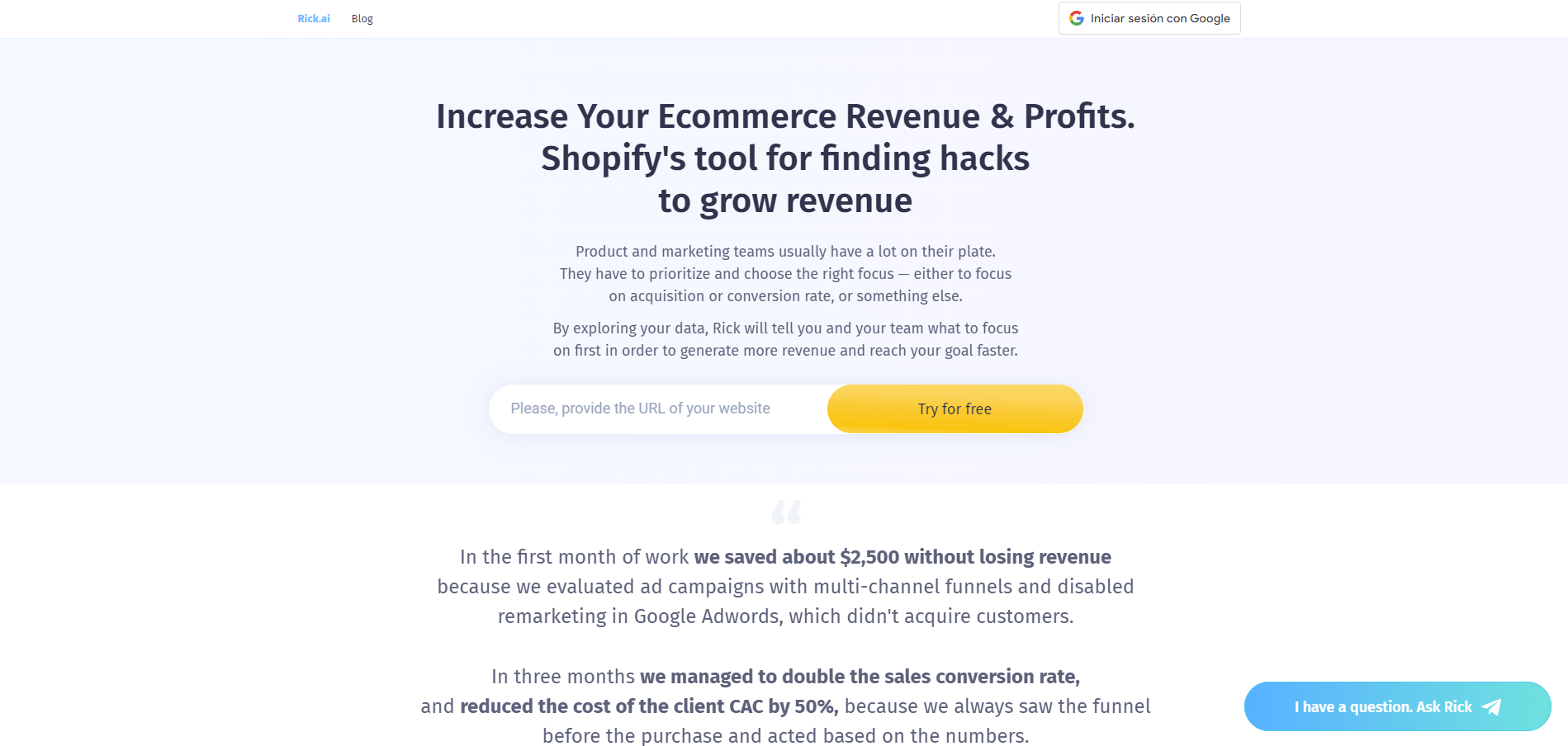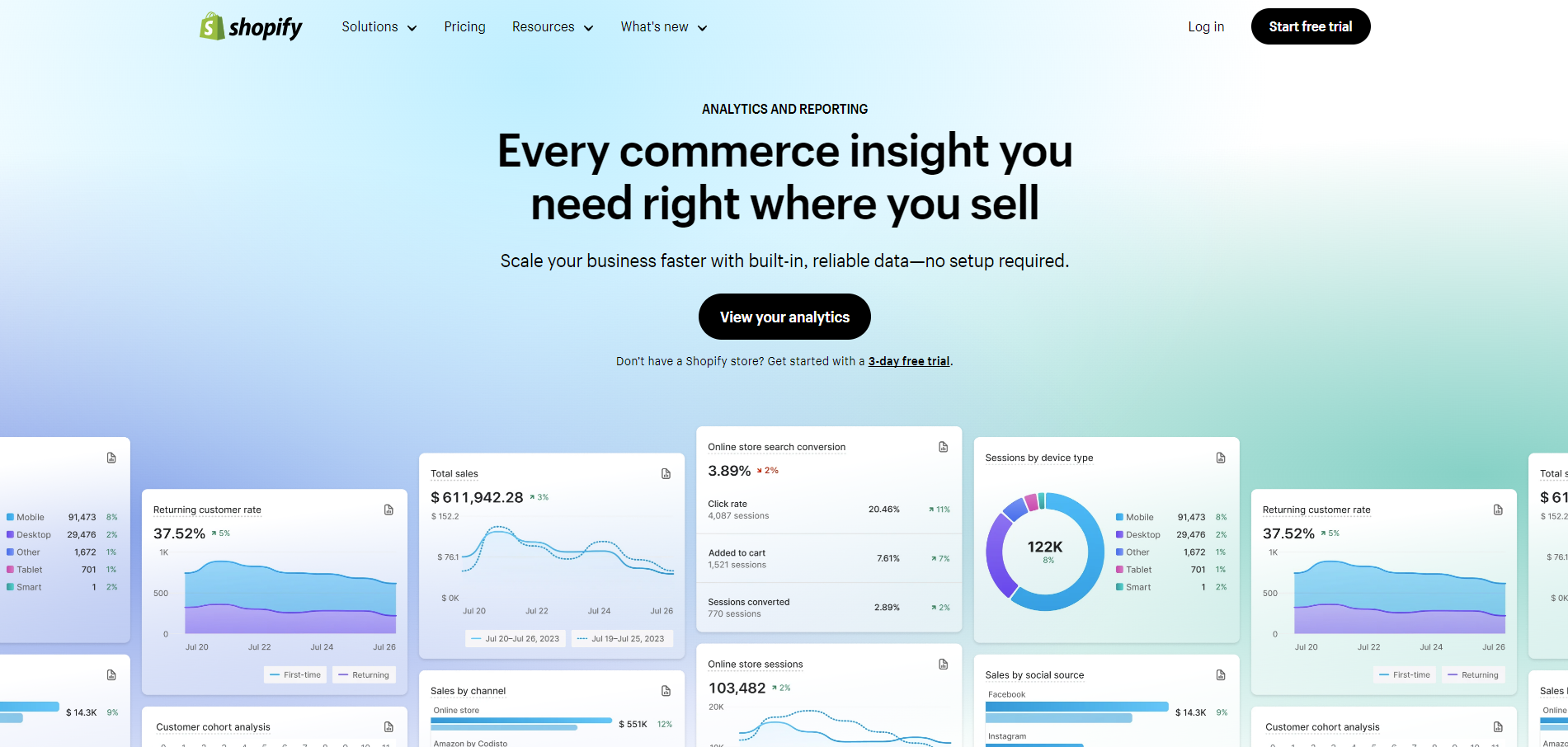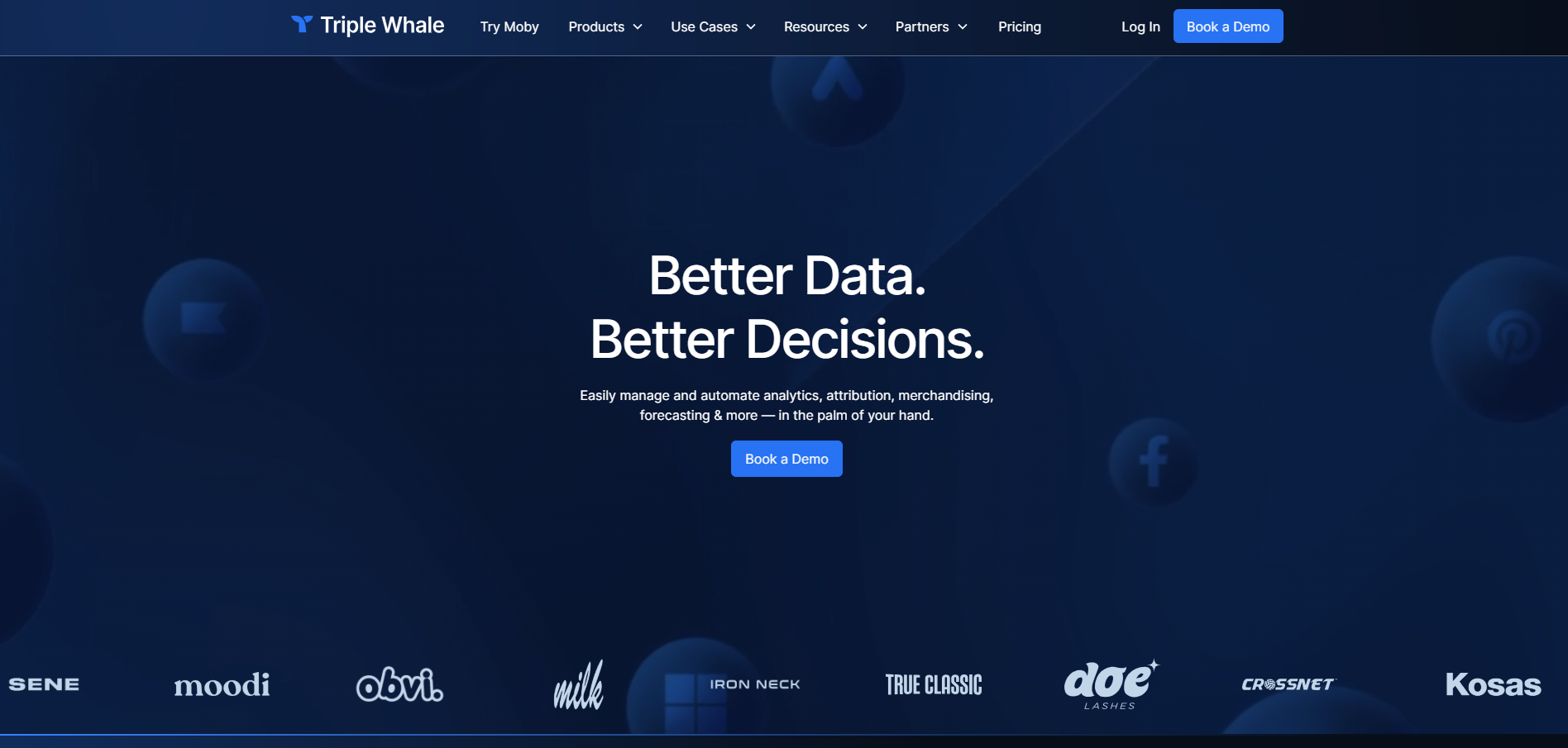
10 Free Content Creation Tools
How to make engaging content? Here is a list of the top 10 content creation tools you should start utilizing immediately.

Get inspired by Valentine’s Day campaigns in mobile apps

Prudnikov Egor
Author @ InAppStory
Having excellent products and a seamless user experience are not the only requirements for operating a successful Shopify store. Ever wondered how to really stand out? It all comes down to leveraging data analytics to better understand your target market, monitor the performance of your store, and develop your business plans.
So, how do you choose the best analytics tool for your Shopify store? The most important things to think about are accurate data and reliable methods. Does a fancy interface matter if the data isn't trustworthy? Definitely not. Reliable data is crucial for making smart decisions and getting insights that help your business grow. And can you count on those insights if the methods used to gather them are shaky? Make sure the tool uses solid analytical methods to give you dependable data.

Overview:
Google Analytics is a free tool that gives you deep insights into how people use your website. It's really popular with online stores because it tracks data well and connects easily with Google Ads and Google Search Console.
Key Features:
Pricing: Google Analytics has a free version that covers a lot. For more advanced features, there's Google Analytics 360, which offers more support and features based on what your business needs.
Pros:
Cons:
Best For: Businesses that know their way around tech and want a free tool to dig deep into website traffic analysis.

Overview:
Rick.ai is a specialized analytics tool made for Shopify stores. It gives detailed insights into customer behavior, sales trends, and how well your marketing is working, helping store owners make smart decisions.
Key Features:
Pricing: Rick.ai has flexible pricing that adjusts to fit your business size and needs.
Pros:
Cons:
Best For: Businesses that want advanced analytics, detailed insights, and solid support.

Overview: Shopify Analytics is integrated directly into Shopify, providing you with a wealth of tools and statistics to help you monitor the performance of your store. It provides you with information about your clients, sales, and traffic to your website.
Key Features:
Pricing:
All of Shopify's monthly plans, which range from 39 dollars to 399 dollars, include Shopify Analytics. The level of depth and personalization in your reports varies depending on the package you select. The higher-tier plans include more sophisticated reporting.
Pros:
Cons:
Best For:
If you're a Shopify store owner looking for an easy-to-use analytics solution that's built right into your platform, Shopify Analytics is a great choice.

Overview:Triple Whale is an analytics tool made specifically for e-commerce businesses. It brings together data from different sources into one central dashboard, making it easy to monitor and analyze how your store is performing.
Key Features:
Pricing:
Triple Whale offers a free version and paid plans starting at $129 per month.
Pros:
Cons:
Best For:
E-commerce businesses that want a clear view of how all their marketing channels are doing and need reports that they can customize to fit their needs.
Overview: Polar Analytics is a powerful tool that brings together data from different marketing channels into one place, giving e-commerce businesses a clear view of their performance to help them make smart decisions.
Key Features:
Pros:
Cons:
Best For: E-commerce companies in need of a tool to collect and examine data from different marketing channels, particularly those seeking tailored reporting and real-time insights.
Selecting the ideal analytics software for your Shopify store is essential if you want to improve your strategies, understand your clients better, and expand your clientele. Seek for solutions that provide accurate data, work well with Shopify, are customizable, and have solid support. Whether you choose Rick.ai for individualized insights or Google Analytics for its robust features, employing data to inform your decisions can position your Shopify store for success.
Creating a beautiful, user-friendly website is just the first step in establishing your online presence. To truly succeed, you need to ensure your site is easily discoverable by your target audience. Learn how to optimize your website for search engines and drive more traffic by exploring this comprehensive guide on the Top 9 SEO Practices in 2024.
If you're looking to boost your email marketing efforts, don't miss our comprehensive guide on the 10 Best Drag-and-drop Email Builders to Try in 2024. It’s packed with insights to help you create stunning, effective email campaigns effortlessly.

Read also